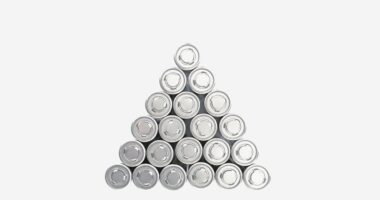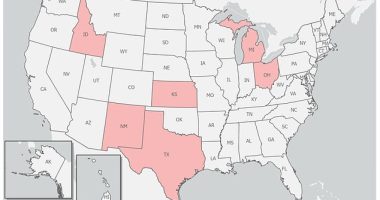Where are the poet’s modern-day counterparts who will campaign for an internet that’s open to everyone?
A remarkable essay in Wired has just caught my eye. “To mend a broken internet,” reads the headline, “create online parks.” The author is Eli Pariser, whose 2011 book, The Filter Bubble: What the Internet Is Hiding From You, provided an extraordinarily prescient warning of the way our networked world would evolve. In it, he argued that “the rise of pervasive, embedded filtering is changing the way we experience the internet and ultimately the world”. We would, he warned, wind up living in “filter bubbles” – personalised information ecosystems or digital echo chambers – that insulate us from views of the world that do not accord with ours.
In the years since the book was published, there has been a good deal of scholarly argument about the extent to which we are really locked into those echo chambers or whether digital technology has really just reinforced aspects of human behaviour that have been innate since we were hunter-gatherers. But academic cavilling hasn’t invalidated Pariser’s basic insight – that algorithmic curation of our information flows has had a tangible impact on how people see the world. And as democracies have become increasingly polarised the impact of filter bubbles has become almost pathological, as even a casual inspection of what is happening in the US readily confirms.





